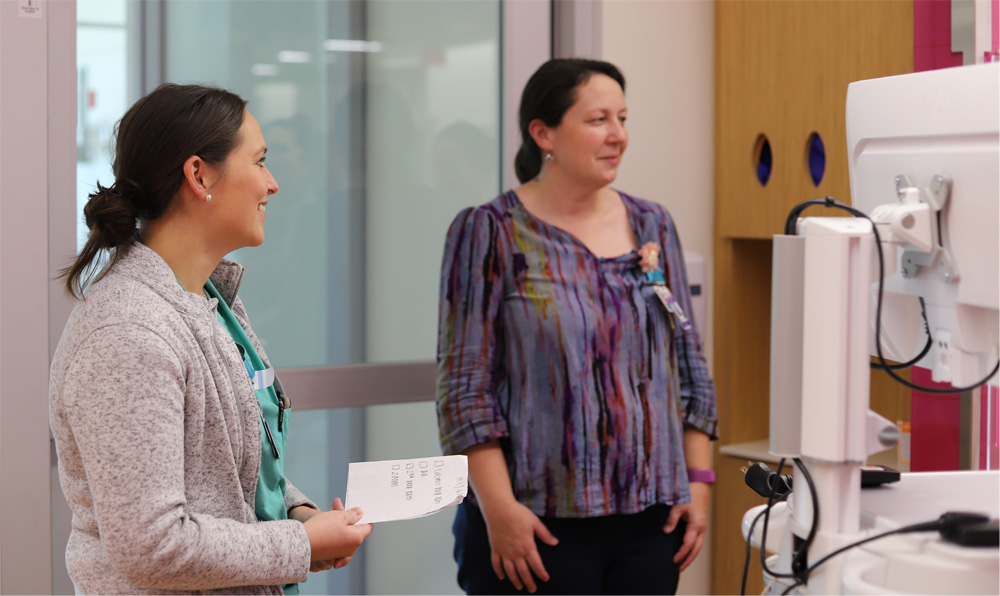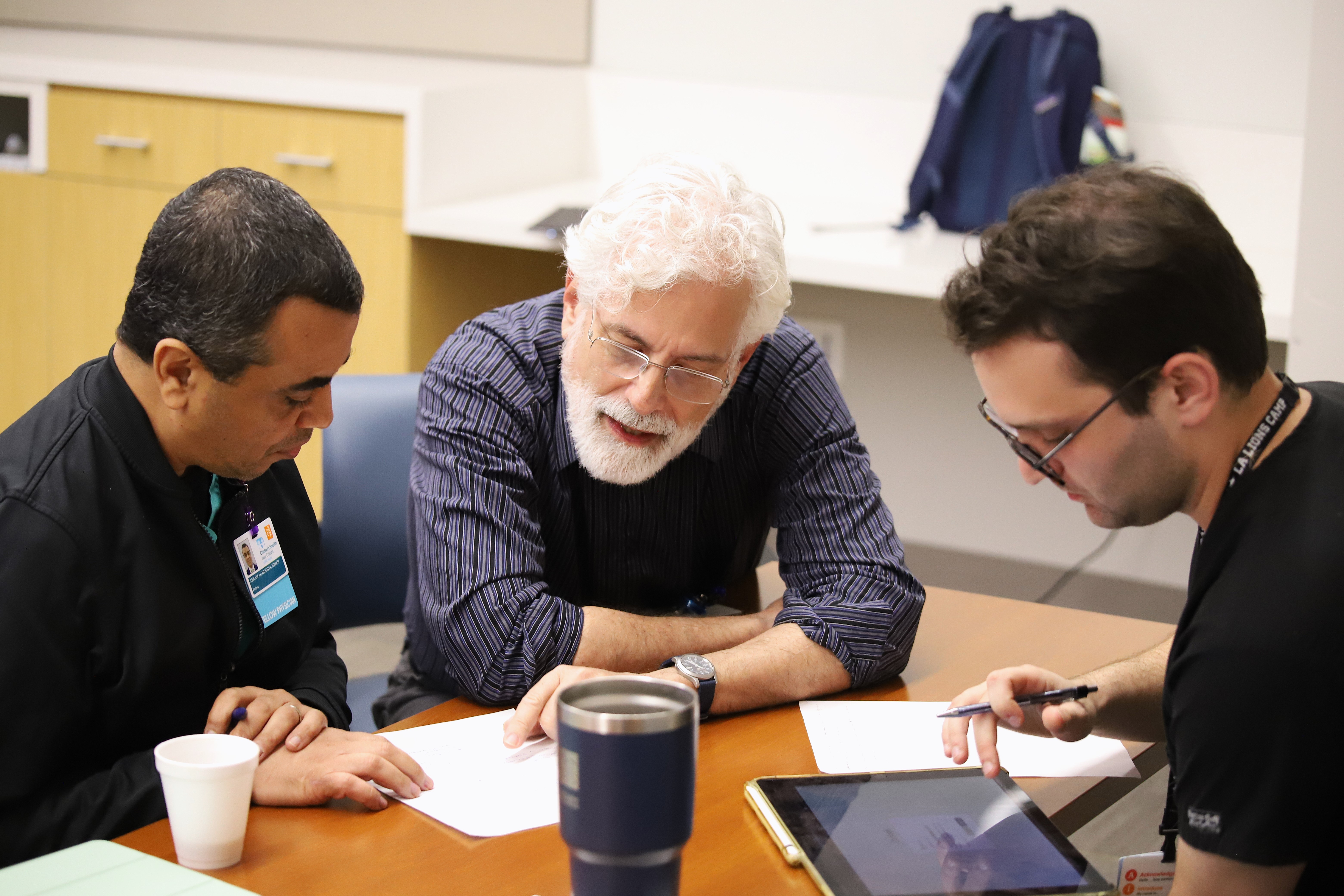Teaching Responsibilities

Students
Serving as a Clinical Preceptor for a third-year medical student six to eight months per year. Duties in this capacity consist of observing and offering feedback to a third-year medical student as he/she performs a complete history and physical examination. Total time commitment for each block is one and one-half to two hours. All checklists and materials are provided and are standard for all students.
Serving as a Small Group Forums Facilitator two blocks per academic year. This includes facilitating small group interactions with third-year medical students six sessions per block. Total time commitment for each three-month block is 12 hours of face-to-face time with the students, as well as two to four hours of independent preparation on your part. The curriculum and teaching materials are provided and are fairly standard for all groups; however, you will have flexibility regarding teaching cases that you would like to discuss.
Residents
Participating as a Faculty Leader in the Resident Professionalism Series, which is a year-long course comprised of four one-hour small group sessions. In these sessions, different professionalism topics are explored in an open discussion format. Materials and an orientation will be provided. Total time commitment is four hours per year, plus any independent preparation time.
Serving as a Faculty Advisor on quality improvement projects, which involves working in groups of two to four. All third-year residents are mandated to identify an area of needed improvement in the delivery of health care in the hospital or outpatient setting. Faculty facilitators work alongside a group of residents guiding and advising them on their project. This requires a commitment of about ten hours per year.
Serving as a Faculty Mentor, which requires two one-hour sessions per year, per resident to review evaluations, discuss strengths and weaknesses, and to develop goals and objectives for improvement and career planning. Faculty are assigned a minimum of two residents per year. Faculty must attend an annual orientation of this process. Total time commitment is estimated at five hours per year.
Attending and Evaluating Residents’ Formal Presentations at the weekly Case Conference. Faculty are expected to critique the resident’s presentation using a provided checklist and review it with the resident following the presentation. Faculty are expected to attend at least four conferences per year. Estimated time commitment is four to six hours per year.
Serving as Faculty Facilitator for the monthly Evidence-Based Medicine Journal Club. Faculty are expected to meet with the resident prior to their presentation so as to assist them with the development of an answerable clinical question, search of available literature, selection of an article, and critical review of the presentation. Faculty are expected to facilitate at least two residents per year. The estimated time commitment is 4-8 hours per year.


